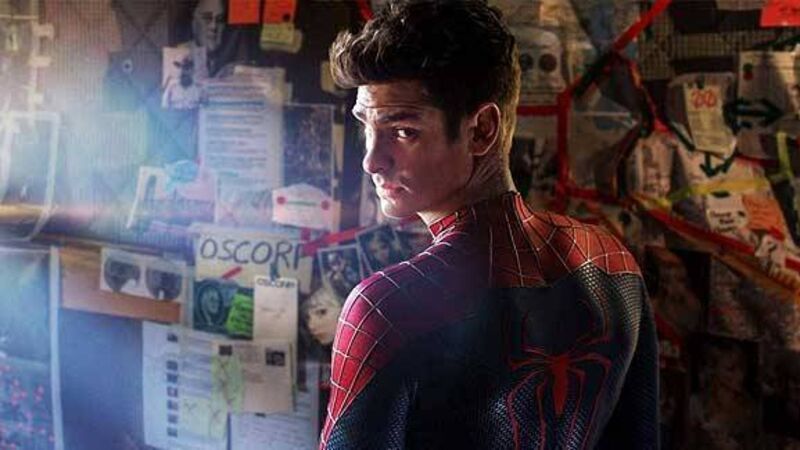Movie reviews:

It might be the quick sequel of the all-too-soon reboot but boasts patience in delaying the introduction of its most recognisable villain, the Green Goblin. For a superhero movie it also seems more concerned with making room for Peter Parker (Andrew Garfield) and Gwen Stacey’s (Emma Stone) romance and Peter’s search for his missing parents than punching bad guys. In revelling in its exploration of its complex villains there is — whisper it — a certain grounding to it all, with some time spent reacquainting Peter with childhood buddy Harry Osborn (a miscast Dane Dehaan), back home to take control of his late father’s (Chris Cooper) business and find a cure to his terminal disease. All that gravitas disappears, however, when Jamie Foxx’s Max Dillon, a mousy, Spidey-obsessed Oscorp employee (think Michelle Pfeiffer’s Selina Kyle) falls victim to the classic late night lab tragedy by plunging into a vat of supercharged electric eels and emerges as the energy-wielding, neon-sporting Electro. In between the talkie scenes, which spend an inordinate amount of time setting up the next instalment, returning director Marc Webb does his best to wow with the fanboy favourite city swoops and effects-laden battles, but The Amazing Spider-man 2 suffers the same fate as its predecessor — cleverly assembled backstories give way to artificial motivations for revenge from bad guys who look too silly to be taken seriously. What will impress, however, is a stirring and brave finale.











